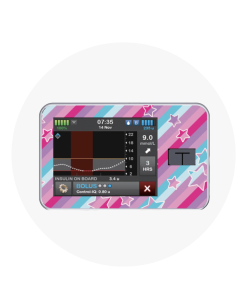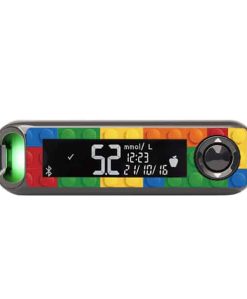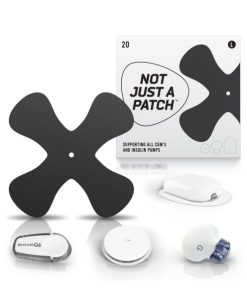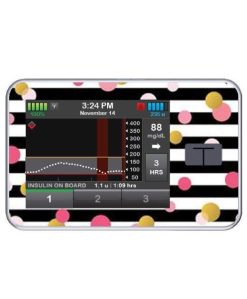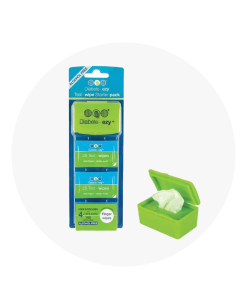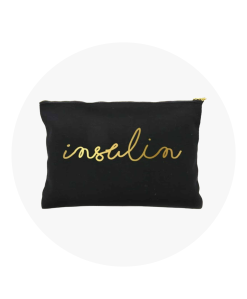“People with Type 1 Diabetes need insulin to survive”
Since Hamish was diagnosed with Type 1 Diabetes at the age of 4 years we have struggled with how much we should tell him about the gravity of his disease..a life-long, life-threatening illness that will require constant attention and action. We had always let him know that we, as his parents, needed to ensure he was getting the right balance for his diabetes so that he stayed healthy but hadn’t really gone into any details on the consequences of things such hypos and hypers. Discussing potential comas, hospitalisation or other side effects like kidney failure with an 8 year old little boy just didn’t seem right.
Is that true?
The decision was taken out of our hands last year when Hamish had to prepare a speech for school. It could be on any topic and for whatever reason he chose Type 1 Diabetes. As you do, he went to Google and found a page on What is Type 1 Diabetes? He mindlessly copied the details on to his palm cards then asked us if he could practice reading his speech on us. The first few cards were pretty innocuous – they gave an overview on what Type 1 Diabetes is and how it was something Hamish was born with. Then he came to what we refer to as ‘The’ palm card. He started reading… “People with Type 1 Diabetes need insulin to survive.”
He stopped reading and looked up at us and then back down at ‘the’ palm card. “Is that true?” he asked. “Yes” was all we could manage. “Oh” he said. “OK”. And continued on with his speech. But the penny had dropped and he had gone from a blissful unawareness to an understanding that this wasn’t to be taken lightly – his life was possibly in danger all because of this disease.
Shielding from the realities of the world
As a parent, you would do anything to shield your child for as long as possible from the harsh realities of this world. Let them live in a simple environment where nothing much troubles them except whether they have the rarest Pokémon card or the latest skateboard. But unfortunately when you live with such an all-consuming disease it’s almost impossible to shield them forever. Sooner or later – whether it’s from a bad experience, overhearing someone talking or writing a Yr 3 speech, they will understand that their life is a little bit harder to manage than your average child.
For Hamish this realisation was the final straw in a year where he had lost his Uncle Peter – who was with us every day – to cancer within months of him losing his pet cat to the same disease. Death became a tangible thing for him at 8 years old and he began to suffer from anxiety and nervousness. We have since worked through this and while it hasn’t gone away (it tends to rear its ugly head when he is under pressure or in competitive situations) he is much more settled and we can see the triggers well in advance that bring his stress levels into an difficult place. We think of it as just another ‘side effect’ of Type 1 Diabetes and make sure that we factor it in as part of his overall health management plan.
Everything will be OK
But back to how much we talk about the seriousness of Type 1 Diabetes now that he has some understanding of the possible implications. Well we definitely don’t focus on it – what’s the point? We still impress on him the importance of checking his levels or understanding his food intake, especially if he is at a friend house. Or making sure that he has a way of contacting us if he doesn’t feel right, for example when he is out riding his bike. And if he asks a question, we try to answer it in a way that gives him knowledge but not fear. We know we don’t always have the right answers and sometimes we don’t have the strength to tell him what could really happen so we just say everything will be alright. Even as an adult we have to admit that this is what we tell ourselves because sometimes the reality is too much for us as well.
Yours in an everything will be ok mood
Jen, Brad and Hamish



